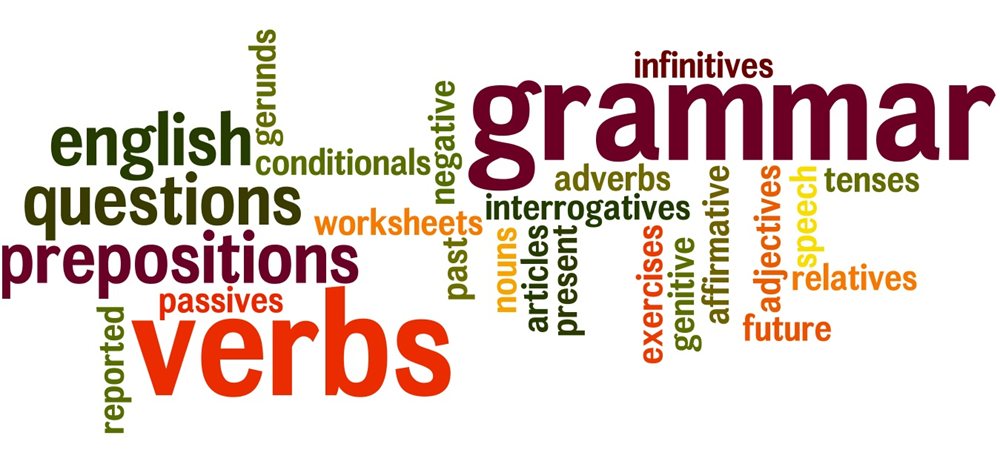Welcome to the fascinating world of grammar! Whether you’re a beginner just starting out or someone looking to brush up on their language skills, understanding grammar is essential. From forming coherent sentences to communicating effectively, mastering grammar can take your writing and speaking abilities to new heights.
So, if you’re ready to dive into the foundations of language and unlock the power of proper grammar, this blog post is for you. Get ready to discover why learning grammar matters, common mistakes to avoid, valuable tips for improvement, useful resources at your fingertips, and engaging practice exercises that will make learning fun. Are you excited? Let’s embark on this grammatical adventure together!
Understanding the basics of grammar
When it comes to understanding the basics of grammar, it’s all about grasping the fundamental building blocks that make up our language. It’s like learning the alphabet before you can read or write. Grammar provides a set of rules and structures that help us communicate effectively.
At its core, grammar revolves around different components such as nouns, verbs, adjectives, adverbs, pronouns, articles, conjunctions, prepositions – just to name a few! These parts of speech play specific roles in sentence construction and convey meaning. By understanding these elements and how they interact with one another, you gain the ability to create clear and coherent sentences.
Sentence structure is another crucial aspect of grammar. Sentences are made up of subjects (who or what the sentence is about) and predicates (what the subject does or is). Learning how to identify these elements allows you to construct grammatically correct sentences that convey your intended message accurately.
Furthermore, grammar also encompasses punctuation rules that help organize thoughts and clarify meaning. Proper use of commas, periods, question marks – among others – ensures clarity in writing by indicating pauses or indicating various types of statements.
By comprehending these basic principles of grammar through practice exercises and engaging resources we’ll explore later on in this post – you’ll be well on your way towards mastering this essential skill for effective communication. So let’s dive deeper into why learning grammar matters!
Importance of learning grammar
Grammar is the backbone of any language. It provides structure and clarity to our communication, allowing us to effectively convey our thoughts and ideas. Learning grammar is crucial for several reasons.
Good grammar skills enhance your writing abilities. When you have a solid understanding of grammar rules, you can express yourself more clearly and precisely on paper. Your sentences will flow seamlessly, making it easier for readers to comprehend your message.
Proper grammar contributes to effective verbal communication as well. Whether you’re engaging in a conversation or giving a presentation, using correct grammar helps avoid misunderstandings and ensures that your intended meaning comes across accurately.
Moreover, learning grammar builds credibility and professionalism. Employers often value employees who possess strong written and oral communication skills because they are seen as reliable and competent individuals in the workplace.
Additionally, having a grasp of proper grammar allows you to appreciate literature at a deeper level. You can better understand authors’ intentions through analyzing their sentence structures and word choices.
Learning grammar is vital for clear writing, effective communication both orally and verbally, professional development, as well as enhancing one’s appreciation of language arts. So dive into the world of grammatical rules; it will undoubtedly benefit every aspect of your life!
Common grammar mistakes to avoid
Proper grammar is essential for effective communication, whether it’s in writing or speaking. However, many beginners often make common grammar mistakes that can undermine the clarity and impact of their message. By being aware of these errors and making a conscious effort to avoid them, you can greatly improve your grammar skills.
One common mistake is using incorrect subject-verb agreement. This occurs when the subject and verb do not match in terms of number (singular or plural). For example, saying “The dog chase the ball” instead of “The dog chases the ball” is grammatically incorrect.
Another frequent error is misusing apostrophes. Apostrophes are used to indicate possession or contraction, but they should never be used for plurals. For instance, writing “I have three apple’s” instead of “I have three apples” is incorrect.
Improper use of pronouns also leads to confusion in sentences. Using pronouns incorrectly can result in unclear references or gender inconsistencies. For example, saying “Each student must bring their own book” instead of “Each student must bring his or her own book” may lead to ambiguity.
Sentence fragments are another common issue among beginners. A sentence fragment lacks a complete thought and usually occurs when a dependent clause is mistakenly treated as an independent one. It’s important to ensure that each sentence has both a subject and predicate to form a complete thought.
Run-on sentences are equally problematic; they occur when two independent clauses are joined together without proper punctuation or conjunctions. These sentences tend to be excessively long and confusing for readers.
Improper use of commas often confuses meaning within sentences too! Commas should be used appropriately according to specific rules such as separating items in a list or setting off nonessential information from the rest!

